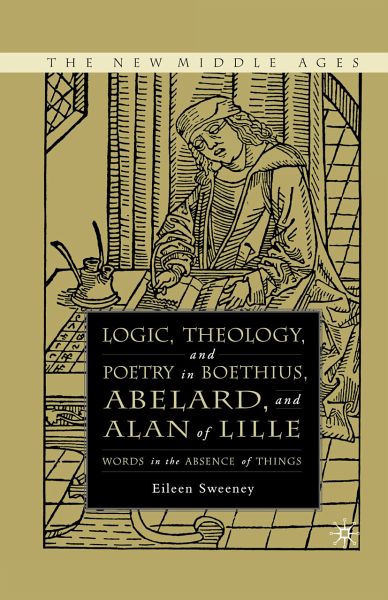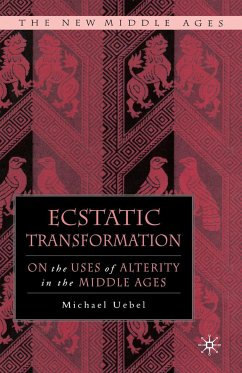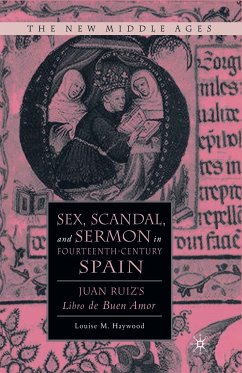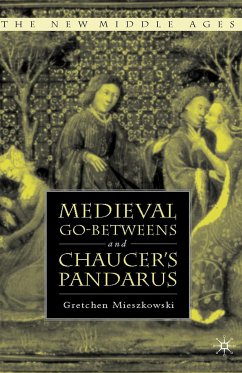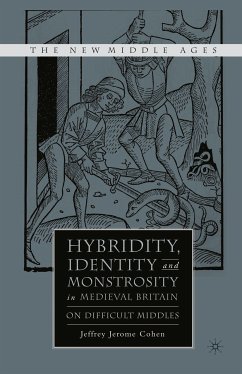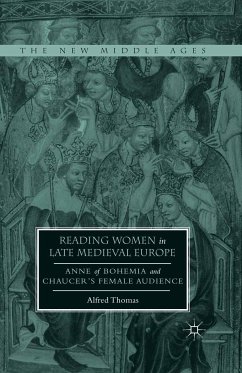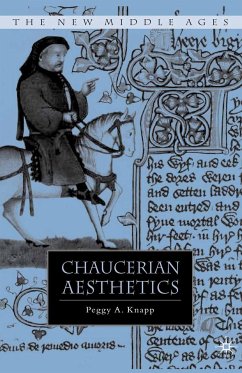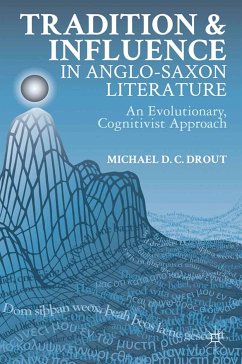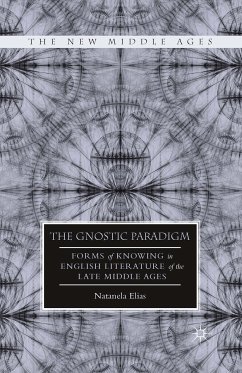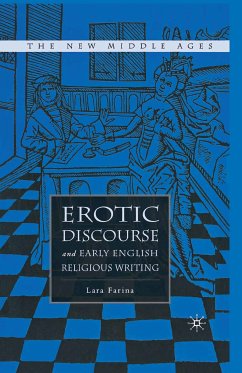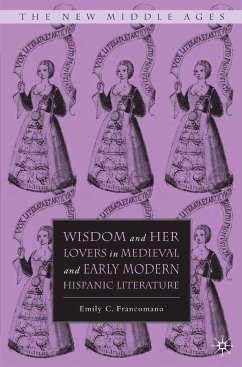'In this innovative and highly original study, Sweeney offers an integrated reading of Boethius, Abelard, and Alan of Lille showing the connections among their philosophical, theological, and literary works based on their semantic theories. Assessing judiciously the previous approaches to these figures, including other recent interdisciplinary studies of them, she also critiques the readings of modern analytic philosophers, feminist critics, and post-modernists alike, presenting a learned, lucid, theoretically informed, and strongly argued case for her thesis. All medievalists have much to learn from this distinguished contribution to the New Middle Ages series.' Marcia L. Colish, Yale University
'Sweeney, with a specialist's
attention and a philosopher's vision, shows how Boethius' logical commentaries, theological tractates and Consolationes set the model for Abelard's logical and theological works, his poetry, autobiography and letters, and Alan of Lille's theological disputations, axioms, dictionary and allegories. Boethius and his twelfth-century imitators take seriously pagan authors and the reality they seek to describe through poetry and philosophy. Sweeney shows how in all their varied genres of writing there is for Boethius, Abelard and Alan of Lille a unified goal, an ultimate project: union with God.' Stephen Brown, Boston College
'Sweeney's approach to medieval philosophy and theology is very illuminating. Medieval logic, theology and poetry are usually studied by experts in different disciplines. Sweeney brings the interconnections and interdependencies of philosophy of language, reflection on theological language and use of narrative language in poetry into focus. She shows convincingly that in the works of Boethius, Abelard and Alain de Lille all three kinds of writing complement each other.' Dr. Klaus Jacobi, Universität Freiburg, Germany
